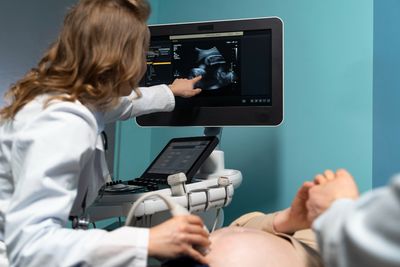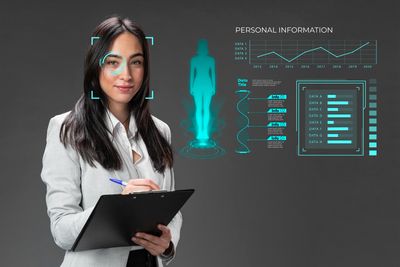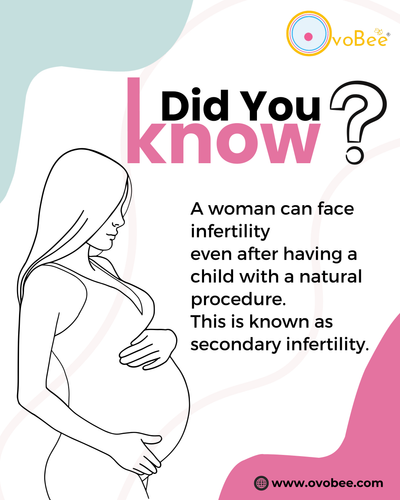AI and machine learning in predicting viable embryos
Artificial intelligence (AI) and machine learning are emergent technologies that can be applied to IVF. AI systems are being developed to perform embryo selection for transfer where embryos are ranked by machine learning rather than or more likely in addition to the
observations of a (human) clinical embryologist. This type of non-invasive embryo selection strategy won’t improve the number of births from an IVF cycle and has not yet been proven to shorten the time to conception (we always have to choose between the embryos we have available, and this technology doesn’t enhance an embryo’s chances).
Some studies focusing on analysis of embryo morphology as a tool for embryo selection to predict clinical outcome suggest AI may be better than the humans in selecting “the best embryo first”. Some AI embryo selection studies used analysis of still embryo photography
while other studies assess timelapse photography. AI embryo selection prospective studies evaluated in a clinical setting are lacking. Most of the data we have is based on retrospective analysis. Because the study methodology and AI algorithms used in retrospective cohort studies have all been very different, it’s hard to compare available studies. Studies looking into this have assessed heterogenous development of AI models, different databases employed, study design and quality. Most studies so far have looked at implantation as an end outcome where what we need to know about is live birth outcomes. Live birth outcomes are the true outcome of interest in IVF (having a baby rather than registering a positive pregnancy test as this can end in miscarriage). Existing AI models studied to date have
focused on locally generated IVF outcome databases and lack external validation.
The development of AI integrated into assisted reproductive technologies clearly has considerable promise, both for analysis powerful in optimising laboratory and clinical elements of IVF care and in embryo selection. However, meaningful future studies should focus on live birth as the primary outcome measure and involve prospective randomised and blinded controlled clinic trial design with external validation of the models of AI utilised to ensure they are valid and robust.
In summary, in the IVF community, we’re all very excited about applications of AI and are keenly watching this space. Critically, this technology may one day allow greater automation of IVF laboratory technical services, meaning embryologists (humans) can focus more on research which in turn can help us as we strive to maximise IVF success rates for our patients.







